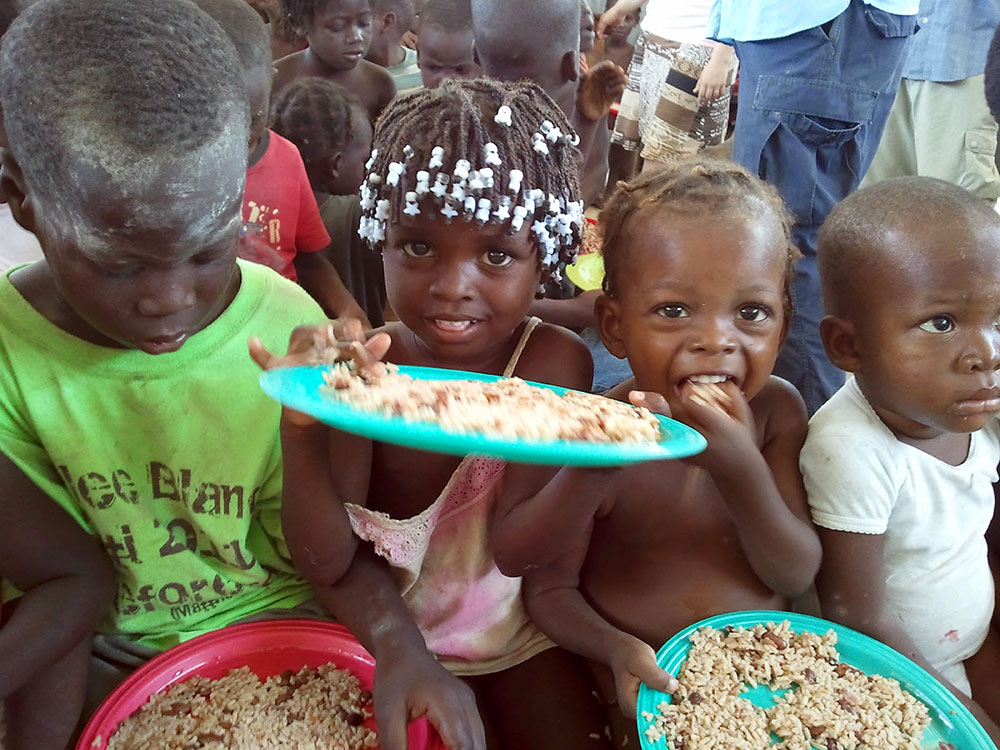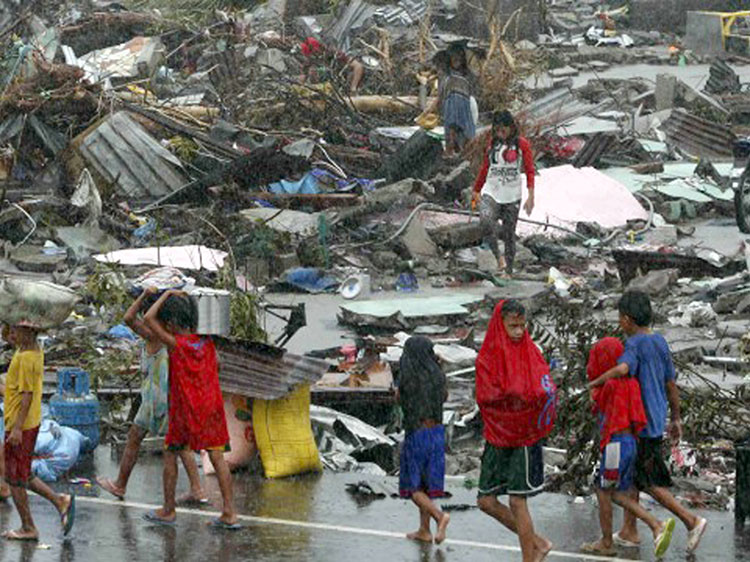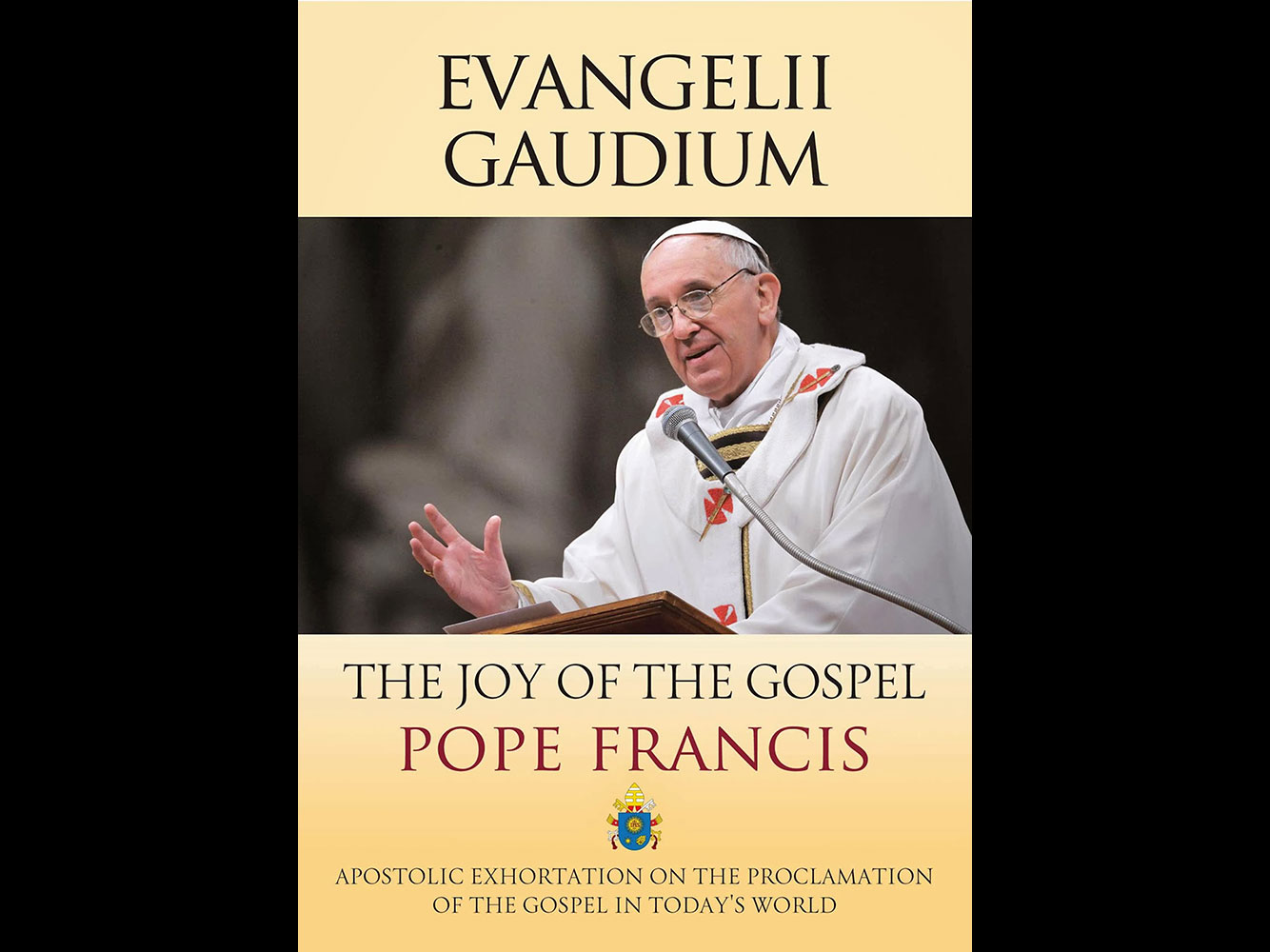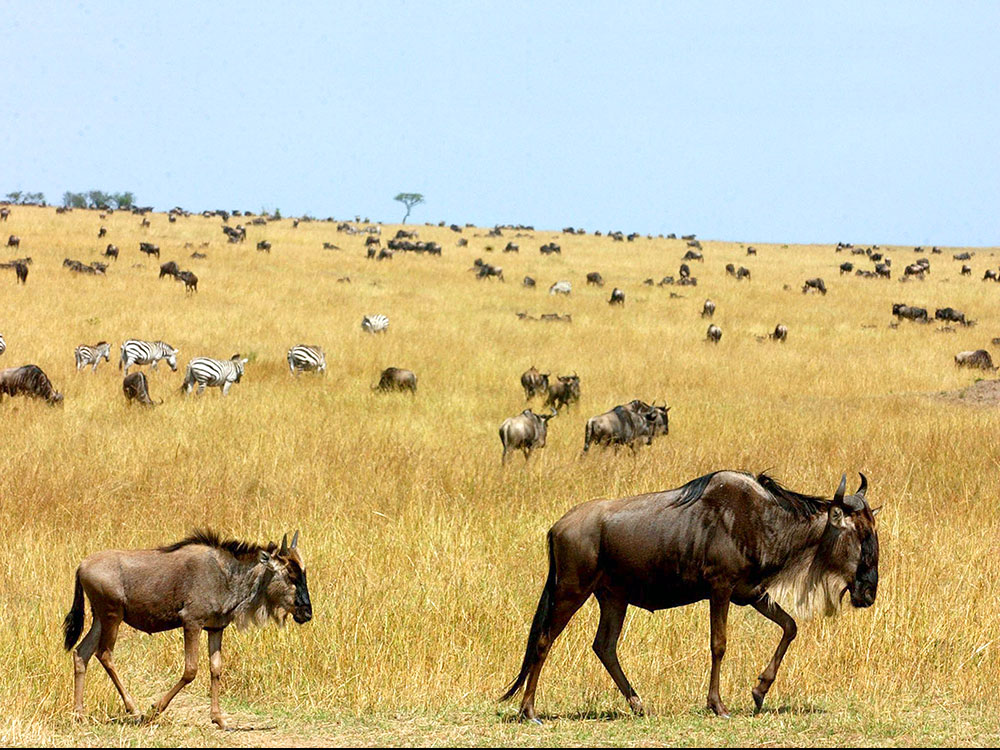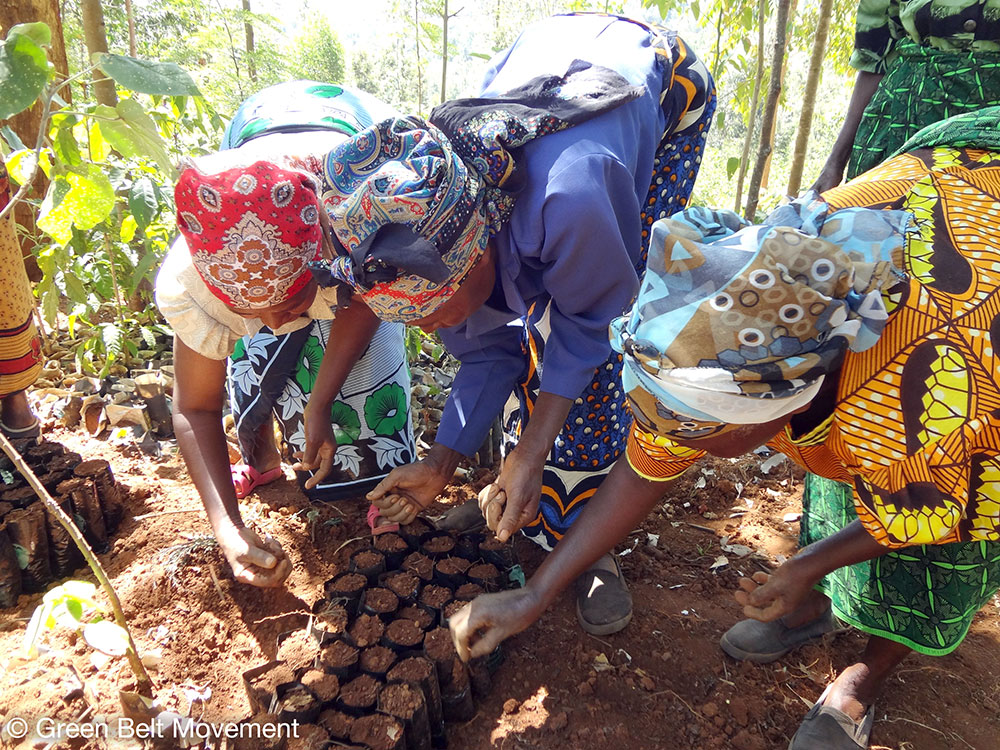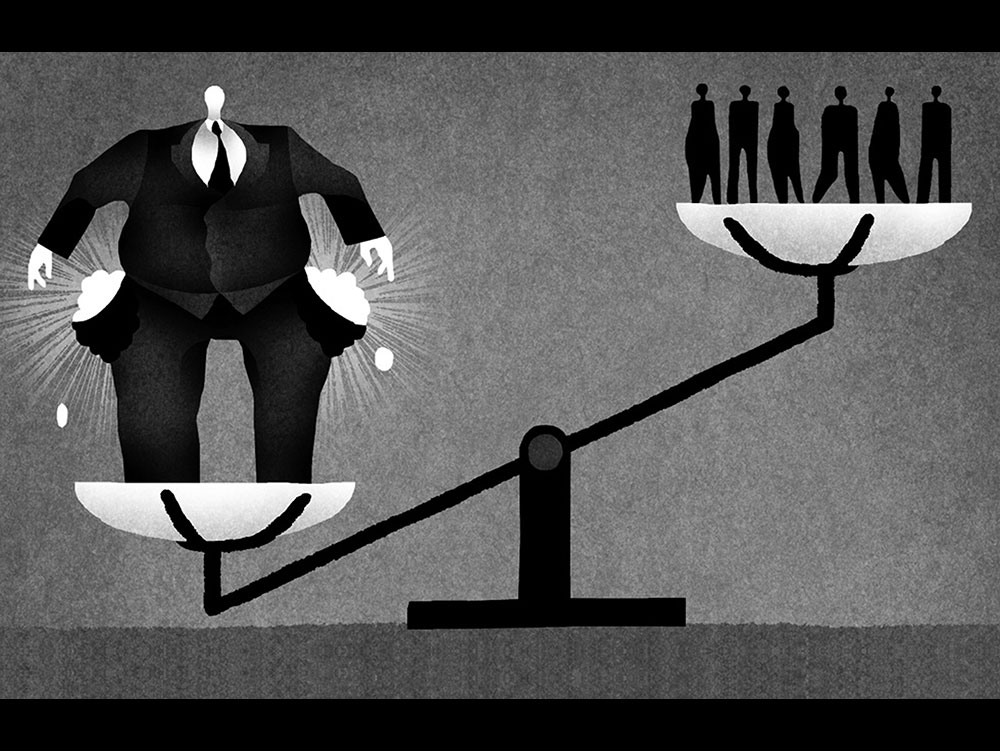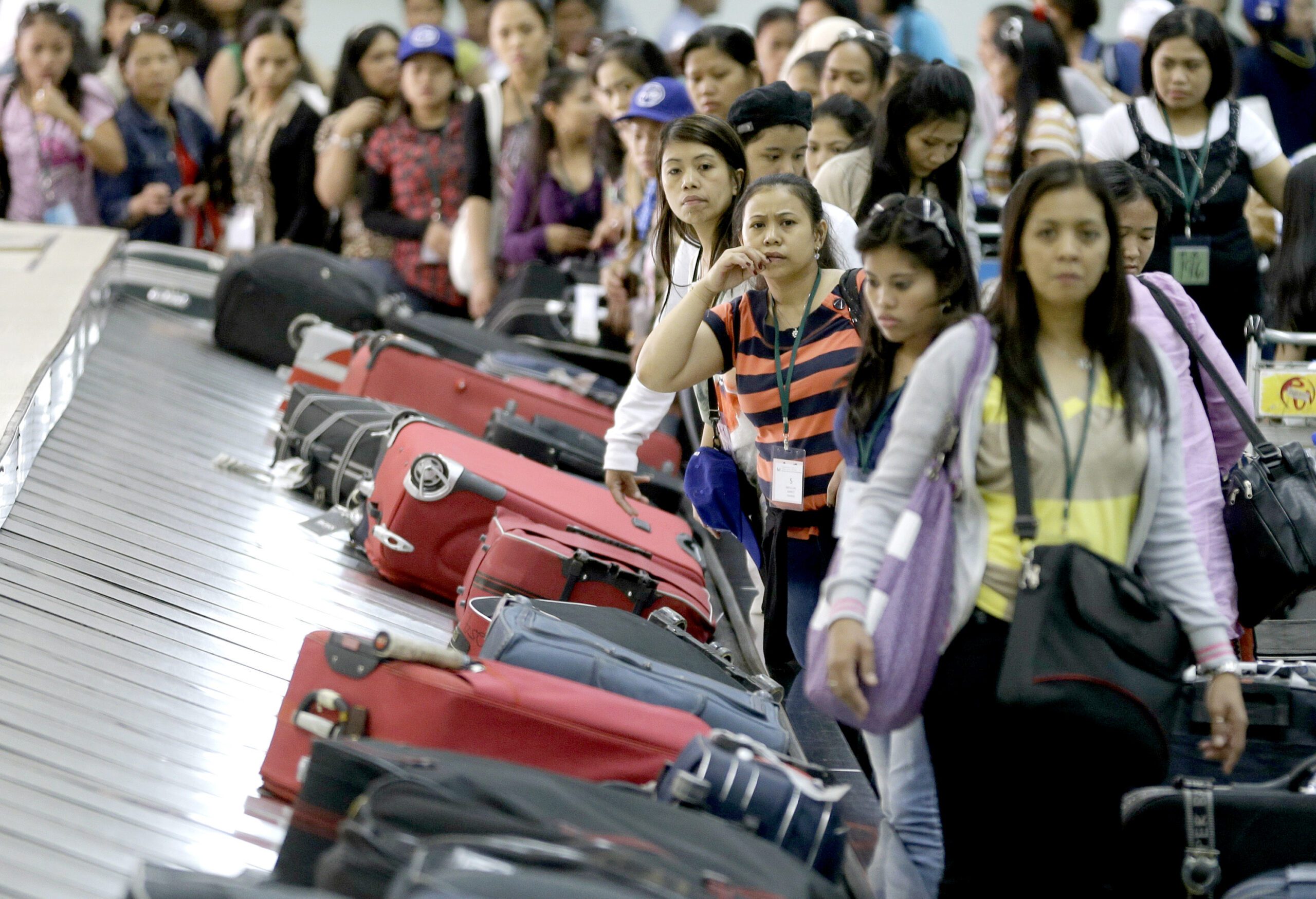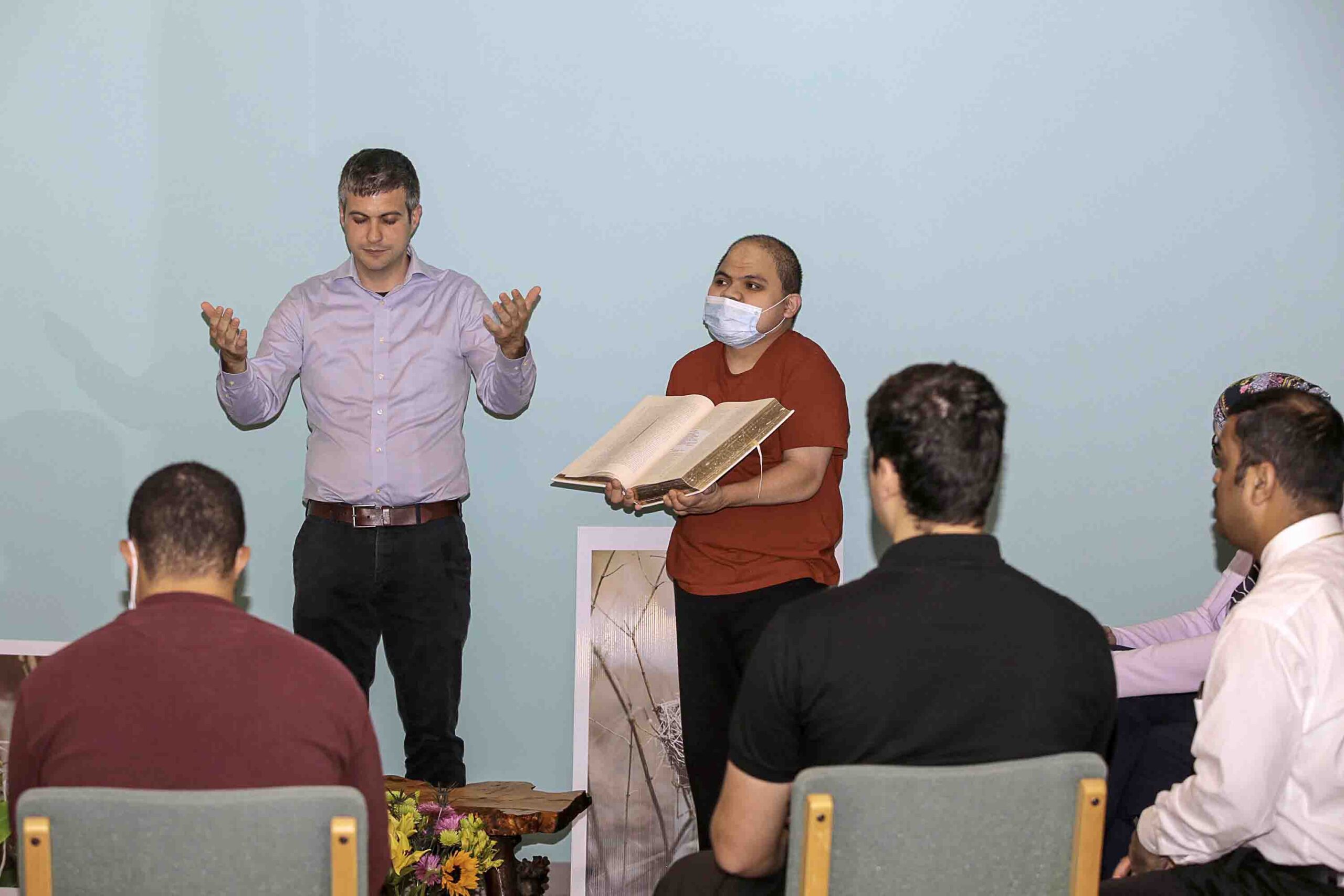We have heard lately, over and over again, how GMO foods will save the world from famine. A great yet mendacious sales pitch. To anyone who is paying attention, it is obvious that poverty is the principal cause of hunger. The first reality of starvation in the world today has to do with politics not farming. According to worldhunger.org, world agriculture produces 17% more calories per person today than it did 30 years ago in spite of a 70% population increase, enough for a 2,720 kilocalories per person per day diet. This is certainly not a result of adopting GMO agriculture. Malnutrition, as measured by stunted growth, affects 32.5% of children in developing countries. Geographically, more than 70% of malnourished children live in Asia, 26% in Africa and 4% in Latin America and the Caribbean.
Consider what agriculture looked like just three generations ago. There were many small farms that produced a wider diversity of crops. War and the need to provide armies in the field at great distances over long periods drove the advancement of processing technologies. Processors needed high volumes of ingredients to produce these rations. To feed that effort, it became clear that it was more efficient to do business with fewer producers offering more material. Policy continued to drive that concentration. The same phenomena of supply concentration created an opportunity for private businesses to develop mass-produced food capacity and exploit the market potential in wealthy countries. Bigger is better was the mantra. Economy of scale was the rationale. Following on the heels of agricultural concentration was the concentration of wealth. The subsequent drive to consolidate investments by owning land, along with vertical business integration in agriculture is where we are today.
FARMING INDUSTRIALIZATION
The chemical plants that had been engaged in producing munitions during war, with little retooling, began producing chemical fertilizers and pesticides. Most farmers were out of their depth of understanding when using these chemical tools and so began to rely entirely upon the product manufacturers’ advice. As is to be expected, that advice advocates for a chemical-based agriculture.
Advanced food processing technology and food production technologies side along with the escalating dependence of agriculture on chemical strategies to bring a crop to harvest, support the farming industry in ignoring the lessons in sustainability learned by observing natural systems. Today, much of farming only vaguely resembles any naturally occurring environment. This is evident in the absolutely indefensible magnitude of monoculture farming worldwide. Not only does monoculture farming create an absence of diversity, it relies upon profound amounts of chemical inputs to produce a crop. Devoid of natural populations of plant and animal biota, soil that is managed as an anchor media, instead of the foundation of plant nutrition, is one result. Dwindling biodiversity at all levels is another. We are living in a great age of extinction.
GMO crops only further this model. First, because of their engineered resistance to herbicides, the net result is that herbicide use has increased. Due to the emergence of resistant pests, more applications of pesticides and herbicides are necessary to prevent loss of profit in these massive monocultures. Also, because of transgenic technology, diverse crop species, previously distinct with little chance for interspecies vulnerability to pest and pathogen pressures, now share common genetic material that may render them more broadly susceptible to epidemic catastrophe (ex. Bt corn, Bt cotton, Bt soybeans, Bt sugar beets, Bt potatoes). Very little of how agriculture has been developing over the past 75 years is successful in the context of a sustainable agricultural reality.
NATURE IS NOT A FACTORY
Simply put, living systems, managed as if they were mechanical production systems, will crash once the existing resilience in the living system is exhausted. Managing a natural system, as if it were a manufacturing process, always results in collapse of the natural system. Some of the more dramatic examples of this are the Irish potato famine, the U.S. dust bowl and the current rise of colony collapse disorder (CCD) of European honeybees.
Agricultural chemical manufacturers perceive events like these as opportunities. To wit, Monsanto bought the leading bee research company in April of 2012 after its GMO corn pollen and neonicotinoid products were implicated in CCD. Catastrophe drives the need within conventional production agriculture for substantial and generally escalating inputs. These self-styled “crop protection companies” provide more chemical tools from outside the farm system in the form of fertilizers, pesticides, herbicides, etc., to avoid widespread crop failure. The farm input costs go up and the chemical company profits go up. With modern ‘conventional’ agriculture, reliance upon chemical strategies and seeds adapted to these strategies is necessary. The same situation exists more and more in animal agriculture. To survive in conventional agriculture, one needs to purchase the ability to farm in the form of these materials that fit into mechanized high volume agricultural systems.
DIVERSITY IS THE BEST DEFENSE
Compare that with natural systems. Diversity is known to be the first defense against disease and infestation in natural systems. Conventional agriculture is clearly headed in the opposite direction. And so it appears that the answer to the obvious “WHY?” lies in food politics, power and wealth. Consider the concept that there are very few ways to create new wealth on earth. New wealth is that value that did not previously exist in any form available to man. Previously existing wealth that is passed around is simply value added or value lost during exchange of existing wealth. New wealth did not exist in any form under man’s control and is either discovered as in mining and fishing, or harnessed as in renewable energy. Agriculture is the source of new wealth that had been accessible to all mankind. Previously living in predominantly agrarian societies, it was accessible and as populations concentrate in urban areas in developed and developing countries, people become removed from that opportunity. Managing natural systems that capture solar and biological energy and convert them to usable forms, such as food and fiber, creates new wealth.
Today, one result of conventional agriculture is the concentration of wealth that is driven by chemical reliance. GMO gene patenting and control of the seed supply takes this even further by exercising ownership rights. This removes the opportunity from those farming for deriving new wealth from agriculture and places it in the hands of the patent holders. Farmers are only licensed for the use of the seed and the right to sell the crop. They must extract what wealth they can from their labor. That level of operations essentially relegates farmers to nothing more than sharecroppers. Patent law says that this is just. Humility and honest ethos says that it is absolutely disingenuous. Farmers, since the dawn of agriculture, have saved and replanted their own seed. All humanity, engaged in agriculture over millennia, is responsible for the existence and character of the seeds available today. The extensive trust of life contained in each seed belongs to mankind. Manipulation by clunky technology, resulting in insinuating genes into a cell without understanding or knowing what will happen in the context of evolutionary time, is both wildly careless of survival and callously arrogant. Add to that the political reality of gene patenting in transgenic seed and a new suite of assets are available to drive further concentration of wealth, all for the sake of profit.
CORPORATE INTERESTS AND ACADEMIA
During the 30 something years of my farming career, I shifted from modest use of chemical fertilizers, in the 1970’s, to an entirely organic system. After years of my organic system being in place, I experienced stable and excellent productivity across my farming operation. This is consistent with the results experienced by others employing similar methodology. I was seeking optimum not maximum. My net income was higher per acre than the commercial producers around me for two predominant reasons. One was that I farmed at a human scale, using heavy equipment for field preparation only and, subsequently, using small equipment and manual labor for crop protection. Second was that the cost of purchased inputs was negligible and nonexistent in most years. Seed was my single greatest expense after labor. Neither aspect of my farming operation put money into the pocket of big-business seed-manufacturers nor chemical companies. A fully integrated organic and bio-intensive agriculture that is very productive and profitable for the grower is of no interest to any company looking to sell inputs.
There is an absolute dearth of institutional research regarding this because no private entity, with deep enough pockets to support research, is willing to spend money seeking knowledge for the sake of humanity. There is no immediate profit in that. Unfortunately, in the U.S., the public funds that had supported empirical research via the agricultural experiment stations and agricultural extension service – the foundation upon which modern agricultural research stands – has been reduced to insignificance. Now, public-private partnerships, that have corporate interests in bed with academia, result in a focus away from public interest and directly at corporate gain.
Hunger is a byproduct of politics
Looking at comparative perceptions of farming by non-farmers, it becomes obvious that, in spite of the fact that everyone on this planet needs food to survive, farmers are not universally respected as providers of sustenance. As major world cultures move further and further away from fresh-food-ingredient, made-from-scratch cuisine, the processing industry captures more and more of every food dollar. Those food dollars add up. The food market worldwide is expected to reach U.S. $5.3 trillion/yr. by the end of 2014.
GMO crops on the market do not further the productive capacity of any crop. The statement that golden rice would solve world hunger is ludicrous. The proposal that any agricultural activity that relies upon a concentrated vertically-integrated food supply to end world hunger flies in the face of history and reality. Hunger, in our modern world, is entirely a function of politics. Barring the occasional natural disaster, in which case famine needs last only until food aid can arrive, hunger is the result of societal indifference. This is a profound issue and, by no means, to be construed as an easy thing to resolve. However, there is already enough food on the planet to feed the world. It is just not in individual hands. The best solution to remedy this is to get it into individual hands. The single greatest potential to resolve this is by empowering more people to participate directly in the production of their food. That requires land first, even if only a little, not GMO seeds. That would require support in the form of policy to enable such a movement. That would require individuals all around the world to take back into their own hands and minds the role of being primary providers. That would demand that we all acknowledge the miracle of life that is contained in a seed, an embryo. That acknowledgement would set the foundation of value that all men should have access to that which is the legacy of mankind as represented in the seed.

